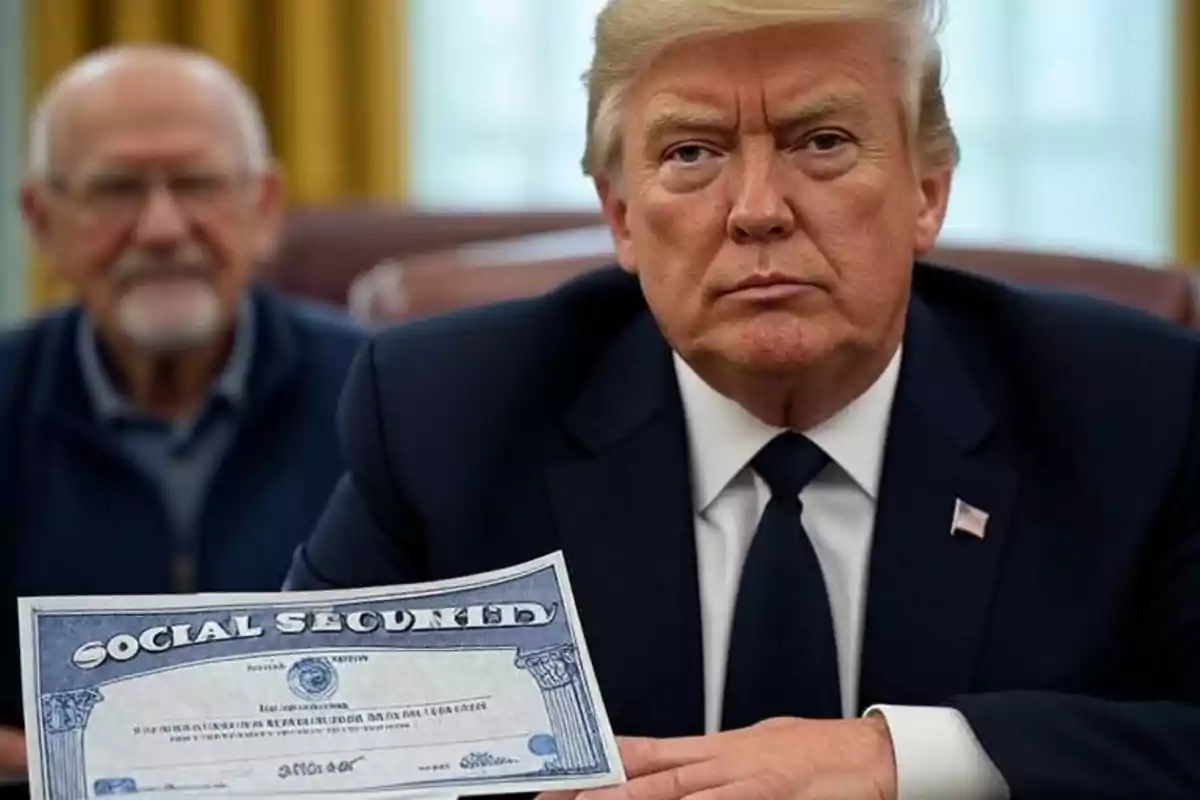Labor Day in the United States is a date that marks the end of summer and offers a break to millions of employees. This federal holiday, celebrated on the first Monday of September, has become a symbol of rest and, in many cases, of special workplace benefits. However, not all workers enjoy the same conditions, which raises the big question.
Every year, the same question is repeated: do employees who work on Labor Day receive additional compensation? Although for some it may seem obvious, the answer is not so clear. The difference lies in whether they are private sector employees or federal workers.

What labor law says about holiday pay
The Fair Labor Standards Act (FLSA) sets the basic rules for most of the country's workers. According to this regulation, there is no obligation to pay overtime or double wages for working during holidays. This means that, in the private sector, it will depend on each company's policy or what is stipulated in a collective bargaining agreement.
Additional pay is only guaranteed if, by working on Labor Day, an employee exceeds 40 hours per week. In that case, the company must pay time and a half for each extra hour worked. This scenario, however, doesn't automatically apply to everyone who works a shift on that day.

Therefore, thousands of workers could receive exactly the same as on any other day. The final decision falls to employers and to the prior agreements that have been made in each contract or union.
The situation of federal employees
The situation changes dramatically when it comes to federal employees. For them, there is a specific benefit called "holiday premium." This payment consists of receiving double the base rate for each hour worked on Labor Day.
This right is part of a list of officially recognized federal holidays. It includes celebrations such as:
- New Year's Day
- Martin Luther King Jr. Day
- Washington's Birthday
- Memorial Day
- Juneteenth
- July 4th
- Labor Day
- Columbus Day
- Veterans Day
- Thanksgiving
- Christmas.
This way, those who work directly for the federal government do have guaranteed extra compensation. The measure seeks to recognize the effort of working on days that most of the country dedicates to rest.
For this reason, the difference between receiving or not receiving additional pay on Labor Day depends on the type of employment. While private sector workers are subject to the will of their companies, federal employees have the guarantee of a benefit.

